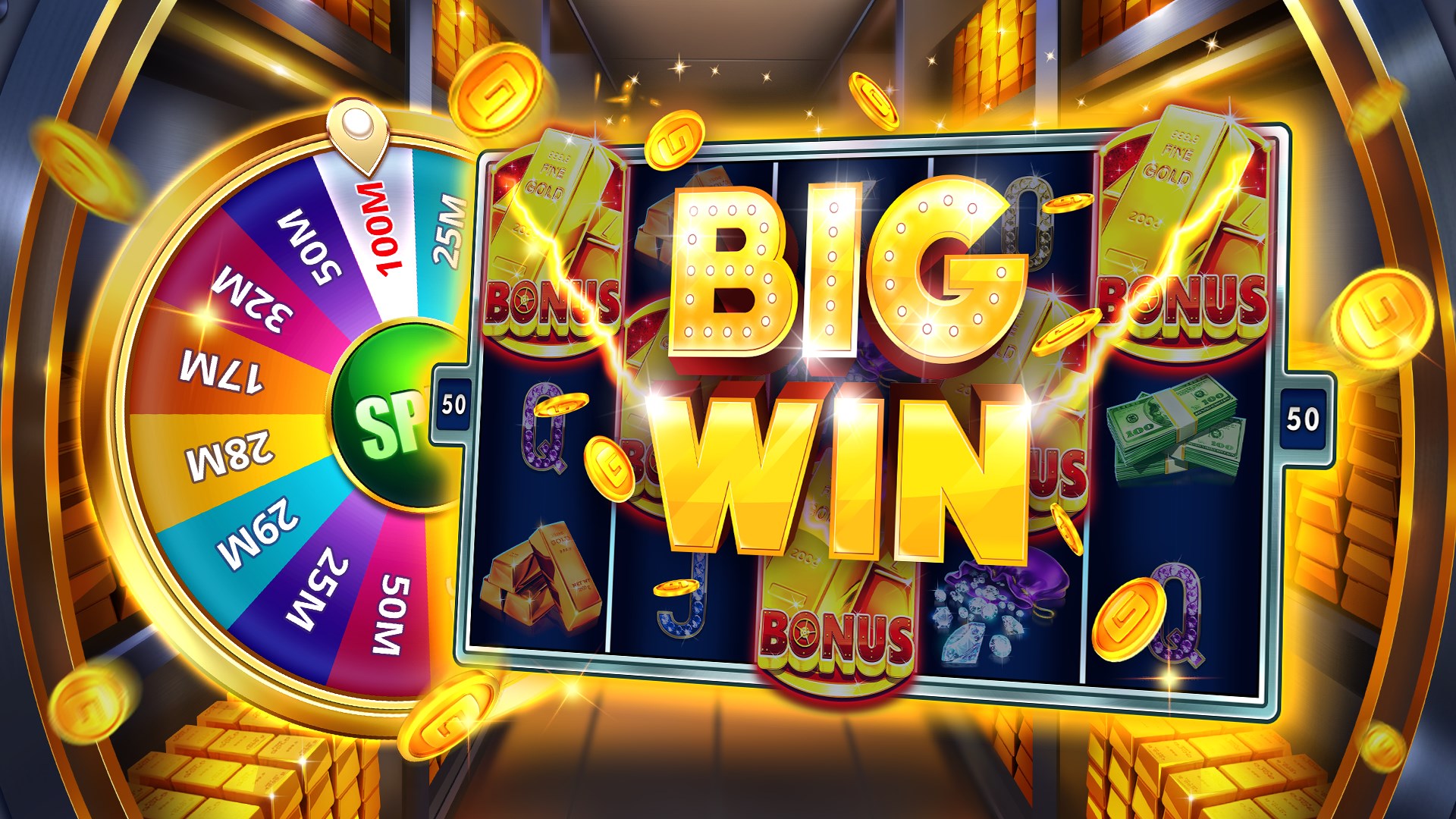Casino games have been a well of amusement and excitement for numerous players around the world. One of the key components that renders these games captivating is the variety of cards used in different types of games. Understanding the different kinds of cards can enhance your experience and refine your gameplay strategies. Regardless of whether you are attracted to classic card games like Texas Hold’em and blackjack or newer casino games, each game depends on a distinct set of cards that influences the regulations and the flow of play.
In casino settings, cards come in several forms, each tailored to fit the requirements of specific games. From standard decks to custom card variations, the diversity plays a crucial role in molding the dynamics of each game. By familiarizing yourself with these cards and their applications, you can achieve more profound insights into the games and make more informed decisions at the table. This understanding not only enhances your overall gaming experience but also adds to a more sophisticated approach to your odds of winning.
Types of Playing Cards
When discussing casino games, the type of playing cards used can significantly impact the flow of the game and tactics. The most common deck is the traditional 52-card deck, which consists of 4 suits: diamonds, clubs. Each suit contains thirteen ranks, from Ace to King. This traditional deck is essential in many games, such as poker, where gamblers aim to form the best hand possible or get as close to 21 as they can.
Some casino games use special decks specifically designed for the game itself. For instance, the well-known game of baccarat often uses multiple decks shuffled together, typically six or eight. This not only increases the complexity of the game but also impacts wagering strategies, as participants must consider the higher number of cards in play. Additionally, certain games may introduce joker cards or wildcards, providing further diversity and thrill to the gaming experience.
In niche games, custom decks may come into play. For instance, in games like Bridge or Pinochle, players might use specific rules with varied card values or functions. These changes keep the gameplay new and allow for diverse strategies to appear. Understanding the various types of playing cards and their specific uses in various casino games is key to enhancing one’s gambling experience and boosting overall results at the tables.
Card Variations in Gambling Games
In casino games, the kind of set of cards utilized can significantly affect both the gameplay and the strategies employed by players. Most classic playing card games, such as 21 and five-card draw, typically use a standard 52-card pack. However, modifications do exist where extra jokers or even multiple decks are utilized. https://789p.so/ For example, in blackjack, some casinos may use one to eight packs, which can change the probabilities and the basic strategy required to compete optimally. Participants must be cognizant of the deck composition, as it influences the casino advantage.
Another frequent modification in gambling playing card activities is the use of themed or custom decks. For example, some poker activities might use a set of cards that includes unique images or patterns, which can enhance the atmosphere at the gaming table. These custom decks often serve to differentiate between different game formats or loyalty programs within the gaming establishment. While the standard guidelines of the activity remain the same, the visual appeal can influence player engagement and satisfaction.
Lastly, the shuffling methods employed with various kinds of decks can also impact gameplay. Casinos often make use of automatic shufflers that can effectively reorder several packs efficiently, making card counting more difficult. The frequency and method of shuffling can differ widely based on the game and the casino’s rules. Comprehending these deck modifications is important for any participant seeking to enhance their tactics and overall enjoyment in casino games.
Value of Cards Worth
In gaming activities, the significance of each playing card plays a key role in influencing the consequences of multiple games. Distinct activities assign specific worths to playing cards, affecting tactics and gamer choices. For example, in blackjack, playing cards numbered two through 10 are valued at their face worth, while court playing cards hold a worth of ten, and the ace can be valued as one or eleven. Understanding these worths allows players to make smart decisions during play, improving their odds of success.
Similarly, in Texas Hold’em, the value of card worths extends to combinations and hand rankings. High worth playing cards can form more powerful combinations, such as two of a kind, straights, or flush hands, which are important for triumph in the game. Gamers must evaluate not only their personal hand but also possible combinations their opponents might hold. This strategic complexity adds excitement and complexity, making playing card worths a important element in the appeal of poker attraction.
Moreover, the mental aspect of card values cannot be ignored. Gamers may use the knowledge of card values to deceive or confuse their rivals. By understanding how a card’s worth can change the game’s dynamics, players can better manage hazards and rewards, creating a thrilling environment in gambling activities. Whether competing for fun or for real money, knowledge of card values significantly affects the overall gaming experience.

